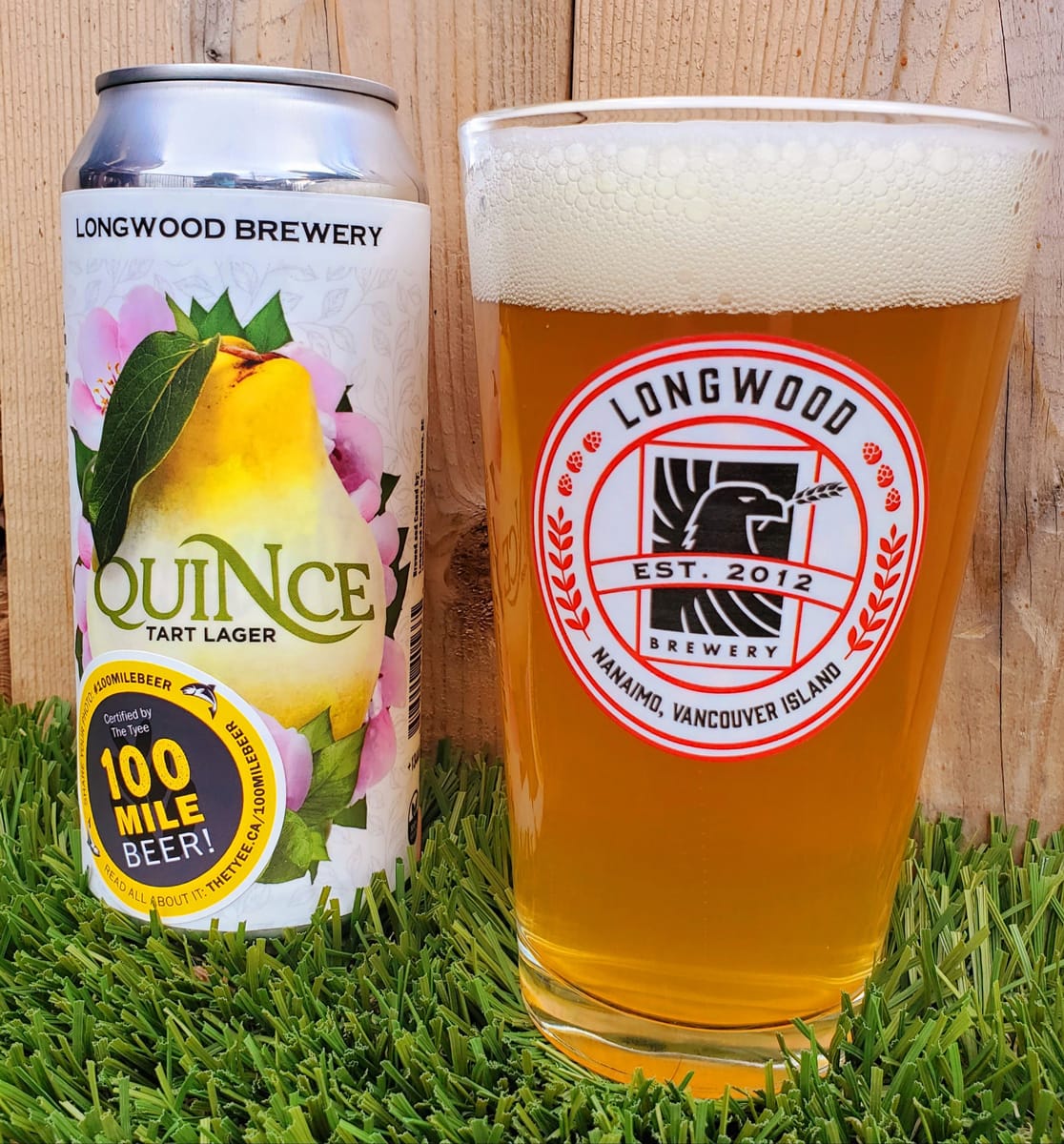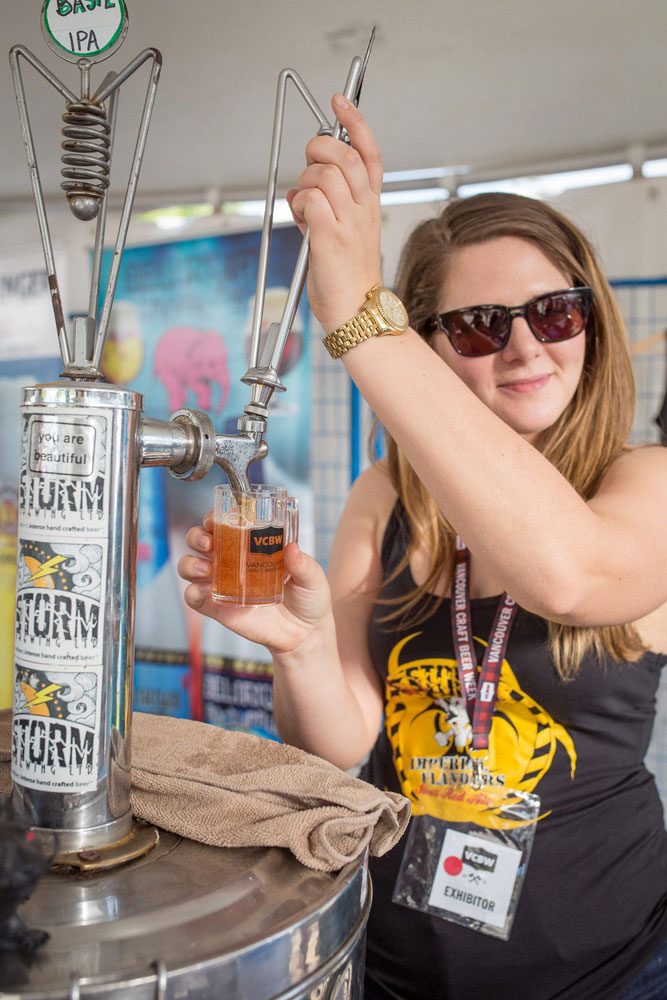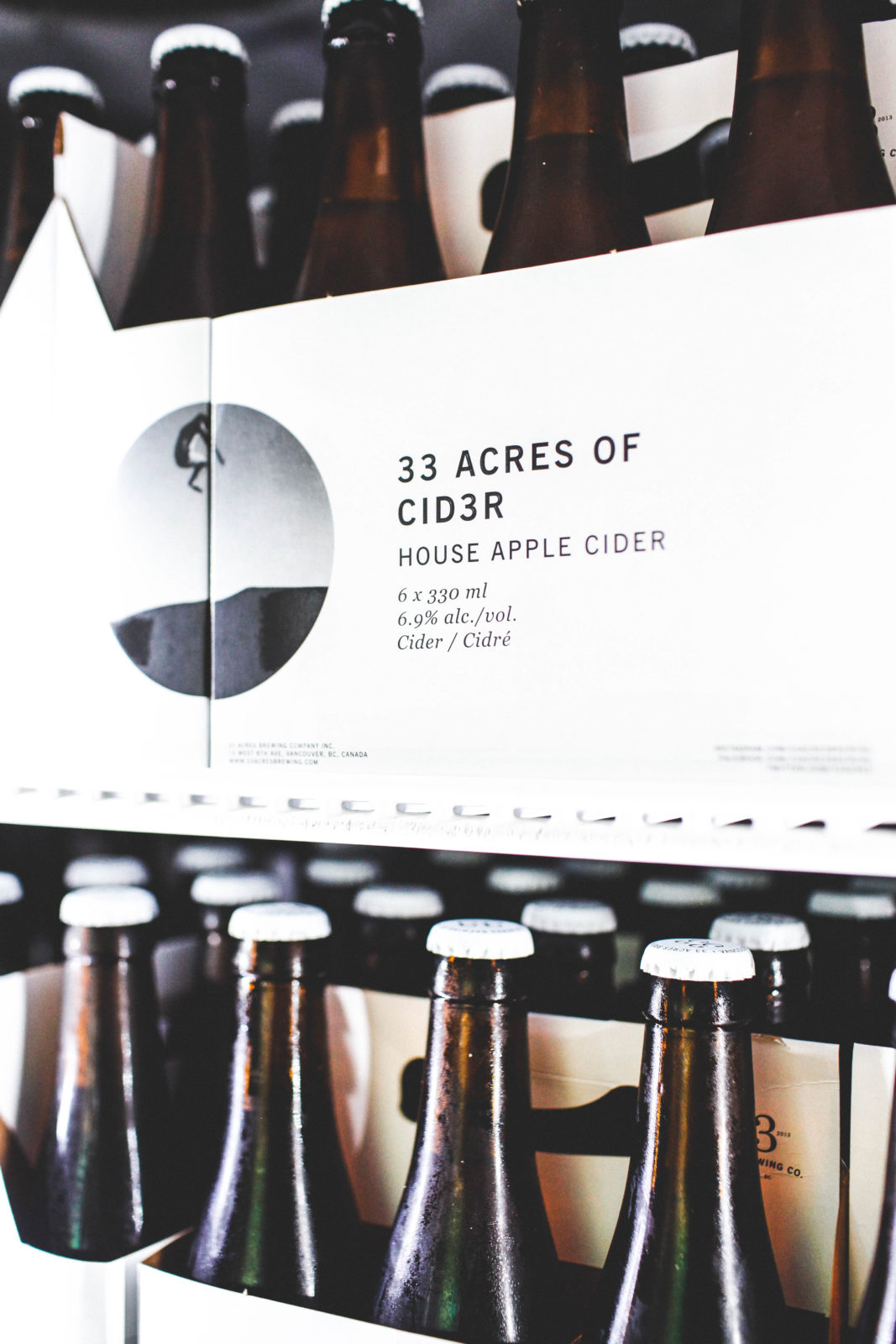
It wasn’t so long ago that the few options available for locally-made cider came in large plastic bottles usually reserved for sugary soft drinks—and tasted just as sweet.
Thankfully, that’s no longer the case, with liquor stores devoting entire aisles to the growing number of local cideries, each producing a widening array of styles. From dry-hopped cider, to gose-style, to beer/cider hybrids like graff, cideries are increasingly looking to craft beer for inspiration.
Bruce McKinlay of Valley Cider in Duncan says craft beer helped pave the way for the growing craft cider industry in B.C.
“The explosion of craft beer has been about, for lack of a better term, thinking outside the box. And historically, cider has had a very strict, immutable box that it’s been stuck in,” he says. “If you go back 10 years—even five years—cider has been defined by a bunch of grumpy white guys from Southwest England.”
The explosion of craft beer in recent years has helped open people up to trying something new, and that’s encouraged creativity within the cider industry: gone are the days of “carcinogenic sugar water,” McKinlay notes. Meanwhile, the success of craft breweries across the province has helped to inspire the new generation of cidermakers to enter the market and start their own businesses.
“That’s allowed us to do what we want,” McKinlay says. “And that’s what craft is all about, it’s about making something that’s an extension of you, and beer has lowered people’s resistance to that.”
Valley Cider currently offers close to 20 different types of cider, some of which have been influenced by craft beer styles. Humulus Lupulus is McKinlay’s take on a dry-hopped cider, a style inspired by big, bold IPAs. But unlike IPAs, McKinlay’s version focuses on the floral aroma and flavour of the hops, as opposed to the bitterness.
“It doesn’t make sense to recreate Fat Tug as a cider,” he says. “But we can use hops in a different way, that makes sense for cider.”
Meanwhile, craft beer, in turn, is embracing cider. Some breweries—like Surrey’s Central City, Vancouver’s 33 Acres and Gibsons’ Persephone Brewing—have released ciders of their own, while other breweries are incorporating apples and cider-making techniques to create beer/cider hybrids.
One hybrid style that’s catching on is called “graff,” and as strange at it may seem, it was actually invented by Stephen King.
Yes, that Stephen King.

“Yeah, it was in his Dark Tower series,” says Longwood Brewing brewmaster Harley Smith. “In the book, there’s an outer world where everyone drinks this stuff called “graff” and it’s a cross between beer and cider. Ten, 15 years ago some homebrewers thought it would be a good idea to start making the stuff, and now it’s a real thing. So thank you Stephen King!”
Every year, Longwood brews a graff-inspired beer-cider hybrid made with locally-grown quince—a pome fruit similar to pear. This year, thanks to a local bumper crop of apples, he has plans for a barrel-aged beer-cider hybrid.
“Since cider has become a quality craft beverage, brewers are paying more attention to it,” he says. “There are no rules anymore, so we can try anything.”
Beer and cider are companion industries, he notes, and because cider is gluten-free, it offers breweries the opportunity to produce a beverage for people who may not be able to drink beer. Many brewery tasting rooms already carry a cider guest tap specifically to cater to gluten-free customers.
Ravens Brewing brewmaster Dan Marriette says like many breweries across the province, Ravens is exploring the idea of producing its own cider in the future.
“It’s local, it’s gluten-free… and it gives us a fun, new, interesting avenue to explore,” he says.
For Smith, the appeal of incorporating cider into his beer is all about showcasing local terroir. Tree fruits, in particular, are useful for introducing wild yeast that would otherwise be difficult to isolate, he notes.
“There’s wild yeasts present [on the skins of tree fruit] that we can’t get anywhere else,” he says. For a brewery that specializes in sourcing its ingredients locally, that offers a unique opportunity to impart a local flavour.
“We’re open to everything local,” says Smith. “And the farmers know it and they’ll come knocking on our door if they have something they think we might be able to use.” j




